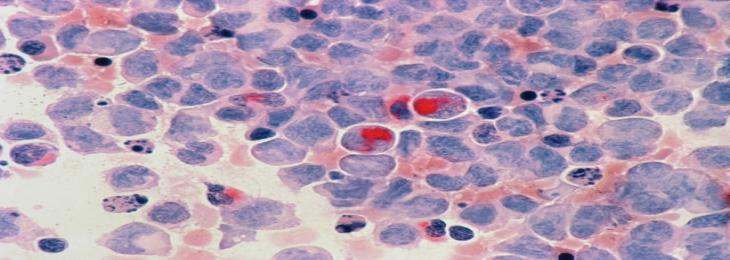Sep, 2022 - By WMR

The latest research on pancreatic cancer sheds light on how this aggressive tumour type may respond to immunotherapy as well as on treatment resistance.
Treating pancreatic cancer is so challenging, scientists need to comprehend how healthy, normal cells in the pancreas change into malignant cells in order to develop new treatments. Only 9% of individuals with pancreatic cancer survive five years following diagnosis due to the disease's limited survival opportunities and treatment alternatives. The move from normal cells to precancerous cells and the crossover from precancerous to cancerous cells are two crucial transition points in the development of these tumours, according to research from Washington University School of Medicine in St. Louis. Understanding these changes will facilitate the creation of innovative therapeutics. The study offers information on how immunotherapy might be employed to treat this hostile tumour type as well as information on treatment resistance. The study was released this year on August 22 in the journal Nature Genetics.
In the case study, 83 pancreatic tumour samples provided by 31 trial participants were thoroughly examined by the researchers. They made note of how the tumours varied depending on the tumor's size and how they developed over the course of the patients' medical procedures. It is particularly challenging to investigate these tumours in individuals receiving a range of treatments.
The researchers outlined two crucial turning points in the growth of pancreatic cancer. Change and being are related to regular pancreatic cells go through when they start to develop cancer. The transformation of precancerous cells into early cancer cells marks the second transition point. Future research will concentrate on a third crucial transition point: the change from the primary tumour to an illness that has progressed metastatically to other. Inflammatory cancer-associated fibroblasts, which have tripled in number around the tumour, are highly linked to chemotherapy resistance, according to the study's findings.
The need for a novel approach to so-called checkpoint immunotherapy, which has been shown to be ineffective in treating pancreatic cancer, is another important revelation that should be mentioned here.
Overall, the report suggests a number of fresh tactics and research angles for pancreatic cancer.

We will be happy to help you find what you need. Please call us or write to us: